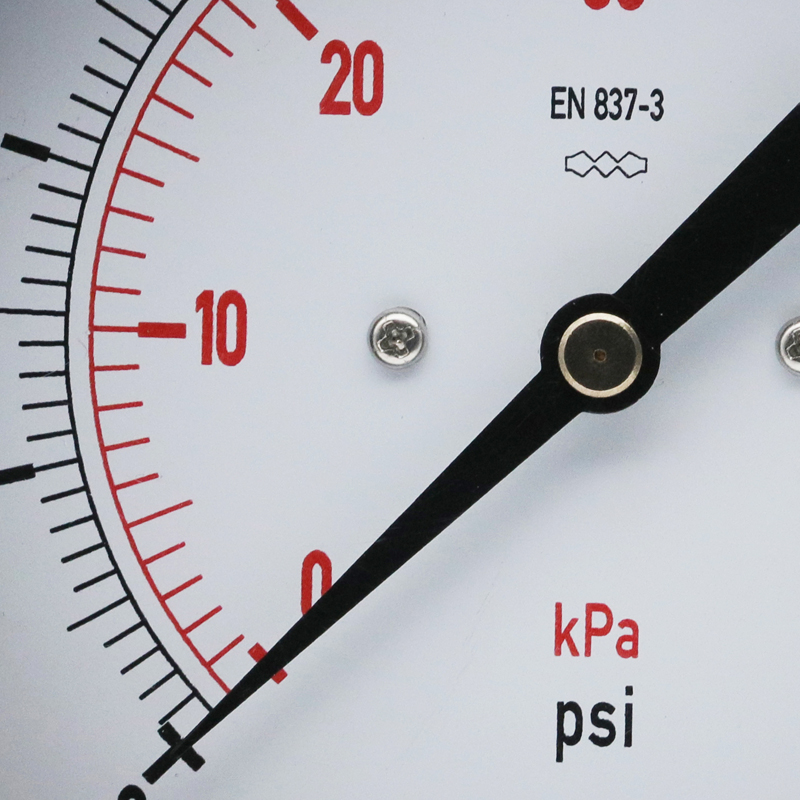
Dec . 01, 2024 04:11 Back to list
Supplier of Low Pressure Diaphragm Pressure Gauges for Accurate Measurements and Reliability
Understanding Low-Pressure Diaphragm Pressure Gauges and Their Suppliers
Low-pressure diaphragm pressure gauges are essential instruments used in various industries to measure and monitor pressure levels in low-pressure applications. Their design and functionality make them an invaluable tool in ensuring the safe and efficient operation of systems that rely on precise pressure measurements. This article explores the importance of low-pressure diaphragm pressure gauges, their working principles, applications, and guidance on selecting a reliable supplier.
What is a Low-Pressure Diaphragm Pressure Gauge?
A low-pressure diaphragm pressure gauge is a mechanical device that uses a flexible diaphragm to measure pressure in a gas or liquid medium. The diaphragm is typically made of materials such as stainless steel, plastic, or other elastomers that can withstand the operating environment. When pressure is applied, the diaphragm deflects, and this movement is translated into a readable measurement by means of a mechanical linkage and an analog or digital display.
These gauges are specifically designed to measure lower pressure ranges, typically from a few inches of water column to ten psi. This makes them ideal for applications where precise control and monitoring of low-pressure environments are crucial.
Working Principle
The basic functionality of a diaphragm pressure gauge relies on the relationship between pressure and mechanical deflection. As pressure is exerted on the diaphragm, it bends in response to the force. The degree of deflection is proportional to the amount of pressure applied. This movement is then translated into a rotational motion that moves the needle on the gauge face or is converted into an electrical signal for digital displays.
The construction of the gauge allows for variations in pressure without the risk of damage, making it a robust choice for sensitive applications. The diaphragm's flexibility ensures accurate measurements, even under varying temperature and pressure conditions.
Applications of Low-Pressure Diaphragm Pressure Gauges
Low-pressure diaphragm pressure gauges find applications across a wide range of industries
2. Process Industries In chemical processing and pharmaceuticals, maintaining precise low pressures is crucial for the safe handling of gases and liquids.
3. Water Management These gauges are used in water treatment plants to monitor pressure in pipelines and tanks, ensuring efficient operation and preventing leaks.
low pressure diaphragm pressure gauges supplier

4. Food and Beverage The food industry relies on low-pressure measurements during production processes, such as in vacuum packaging and carbonation.
5. Aerospace and Defense Low-pressure gauges are essential in monitoring systems that require precise control of pressure to maintain safety and functionality.
Choosing a Reliable Supplier
Selecting a reliable supplier for low-pressure diaphragm pressure gauges is critical to ensuring quality and performance. Here are some tips on how to choose the right supplier
1. Reputation Research the supplier's reputation in the industry. Look for reviews, testimonials, and case studies that highlight their reliability and product quality.
2. Product Range A reputable supplier should offer a wide range of diaphragm gauges that cater to various specifications and applications. This ensures that you can find the right instrument for your specific needs.
3. Customization Options Depending on your industry and application, you may require customized gauges. Check if the supplier provides customization services to meet your specific requirements.
4. Technical Support A good supplier should offer excellent technical support. This includes assistance with installation, maintenance, and troubleshooting.
5. Compliance and Certifications Ensure the supplier's products comply with industry standards and regulations. Certifications from recognized bodies can be an indicator of product quality.
6. Warranty and After-Sales Service A solid warranty and after-sales service reflect the supplier’s commitment to customer satisfaction and product quality.
Conclusion
Low-pressure diaphragm pressure gauges are indispensable tools for measuring and monitoring pressure in various industries. Understanding their functionality and applications can help businesses maintain efficient operations and enhance safety. When selecting a supplier, consider factors such as reputation, product range, and support services to ensure you choose a partner that aligns with your needs and standards. This careful selection process will ultimately contribute to the effectiveness and reliability of your pressure measurement systems.
-
High-Precision 5 Valve Manifold Differential Pressure Gauge Suppliers
NewsApr.29,2025
-
High-Precision Diaphragm Vacuum Pressure Gauges Manufacturers & Quotes
NewsApr.29,2025
-
Omega Differential Pressure Gauges High Accuracy & Durability
NewsApr.28,2025
-
Low Pressure Differential Pressure Gauges Precision Solutions & Quotes
NewsApr.28,2025
-
Digital Diaphragm Pressure Gaauge Precision Measurement & OEM Quotes
NewsApr.28,2025
-
Differential Pressure Gauge China Price High-Accuracy & Best Quotes
NewsApr.28,2025
